

SO, WHAT IS THIS RESEARCH ALL ABOUT?
This Dutch study was looking at the the association between different diets and the composition of the gut microbe by examining the faeces of 1425 patients. The metabolic pathways of these microbes were analysed to determine whether the metabolites had pro or anti-inflammatory effects.
4 groups of patients were included. Those with known inflammatory bowels disease (Crohn’s disease and Ulcerative Colitis), irritable bowel syndrome and a control group of healthy individuals.
This study tried to account for long term dietary habits by using a questionnaire, and from this they estimated the amounts of macronutrients and micronutrients consumed. Clusters of foods that were typically eaten together were identified in order to get a complete picture of the diets consumed which has not previously been done.
Associations between these dietary patterns and microbial clusters were then made.
WHAT I FOUND INTERESTING…
I have to admit, I am very new to learning about the microbiome.
So let me summarise what I learnt from this article.
THE MICROBIOME
- The food we eat, is broken down by bacteria in our gut so that it can be absorbed.
- The types of food we eat influence the types of bacteria present as they compete for the nutrients we ingest. The overall composition of bacteria in our guts is known as the microbiome.
- Different species of bacteria produce different metabolites (by- products) which have their own properties.
- Some of these metabolites are thought to trigger inflammation locally (affecting the gut mucosa) and some may be implicated in ‘immune mediated inflammatory diseases’ (IMIDs) which affect the body as a whole – conditions such as diabetes, arthritis and autoimmune disease.
- Other metabolites are thought to have an anti-inflammatory effect such as short chain fatty acids (SCFA).
- The fermentation of fibre forms SCFAs.

Now I have to admit the nitty gritty of this study is fairly complicated with associations between food clusters, types of bacteria and their metabolites having to be made and then matched with the effects of these metabolites supported by previous research.
SO, WHAT HAVE WE LEARNED?
Although this study has its limitations, only allowing us to make associations between our diet and the microbiome, this study is suggesting that regardless of whether or not there is underlying inflammatory or irritable bowel disease, there is a link between our diet and our microbiome which then determines the inflammatory properties of the foods we eat.
When there is an imbalance of bacteria in our guts, this can trigger inflammation. And the timing and quantity of food we eat also plays a role.
This study has allowed us to see which foods, when eaten consistently are pro or anti inflammatory.
However it is unclear how long these diets need to be sustained for a change in the microbiome to be seen.


If you would like to read the complete study HERE
If you have read this research, what did you think? Let me know in the comments below.
Leave a comment
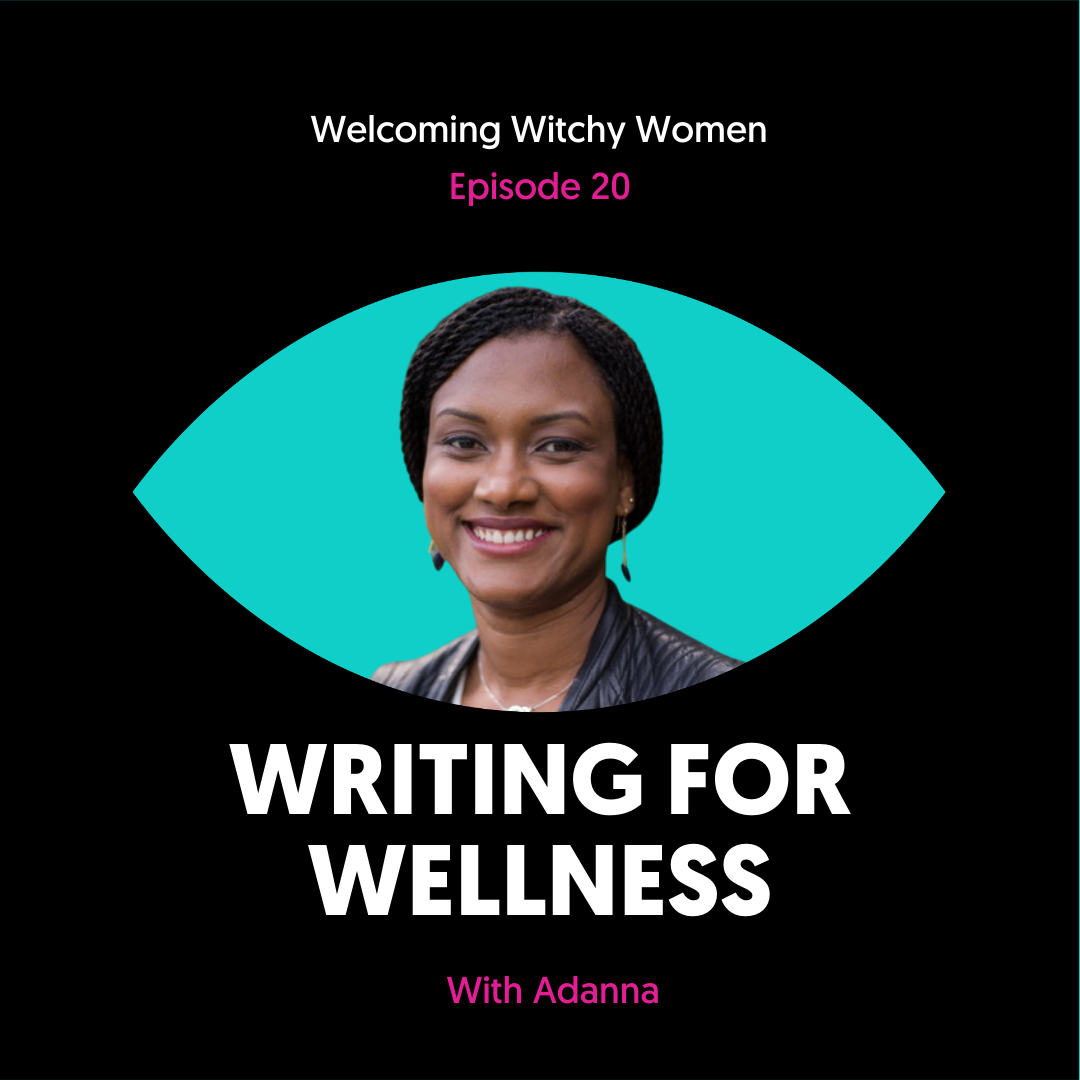
READ >
WELCOMING ADANNA TO THE WITCHY WOMEN! Our curated community.Of whole-istic healers. Here to help guide you.On your healing journey. Adanna draws on 12 years’ experience as a qualified English teacher with an MA in Education, and combines Positive Psychology, Neurobiology and Transactional Analysis with therapeutic writing to teach how changing the stories you tell about […]
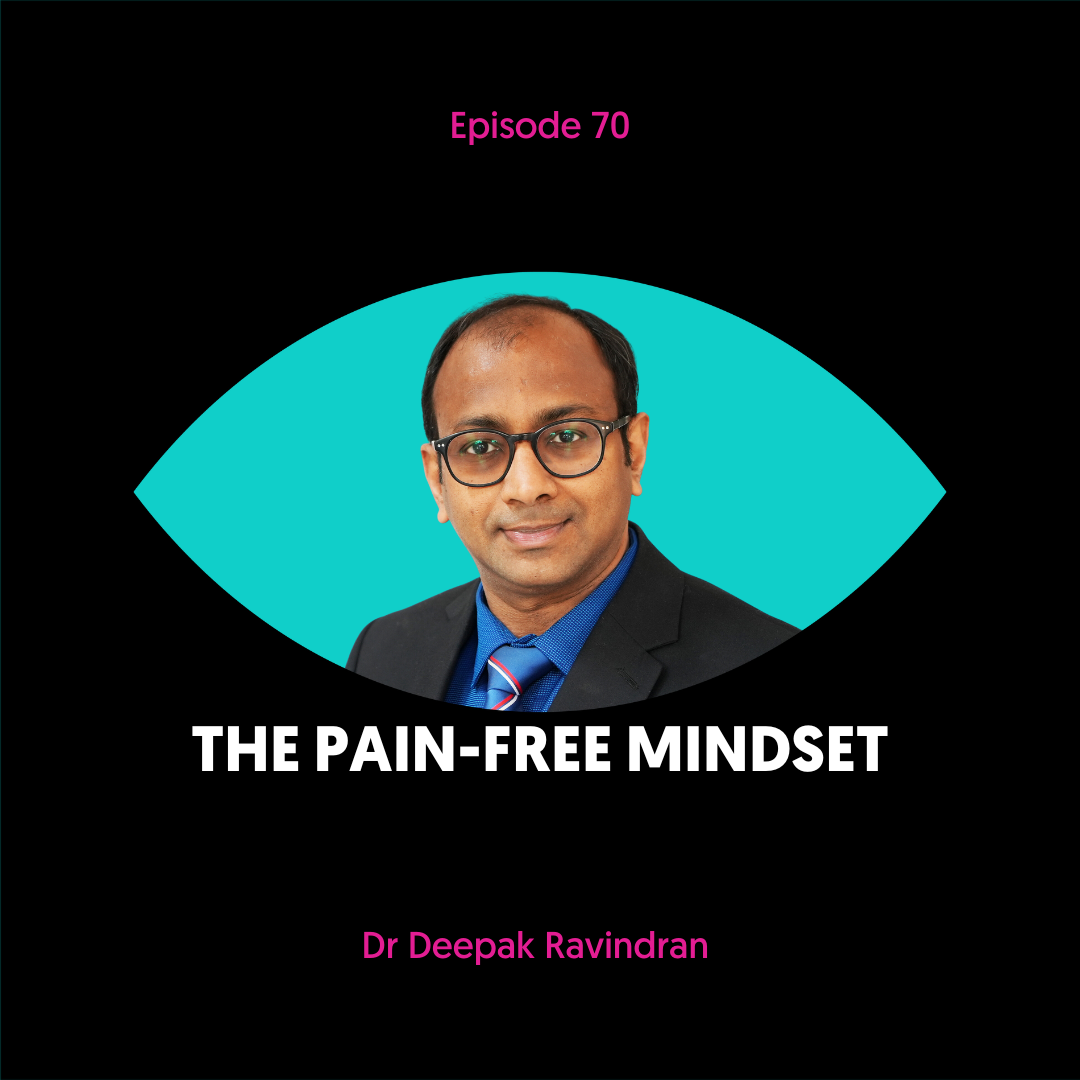
READ >
Dr Deepak Ravindran is one of the UK’s leading pain specialists. He is one of the few medical consultants who possesses triple certification in lifestyle medicine, musculoskeletal medicine and pain medicine using all of this knowledge to give his patients a truly integrative and holistic approach. He is author of the book The Pain-Free Mindset […]
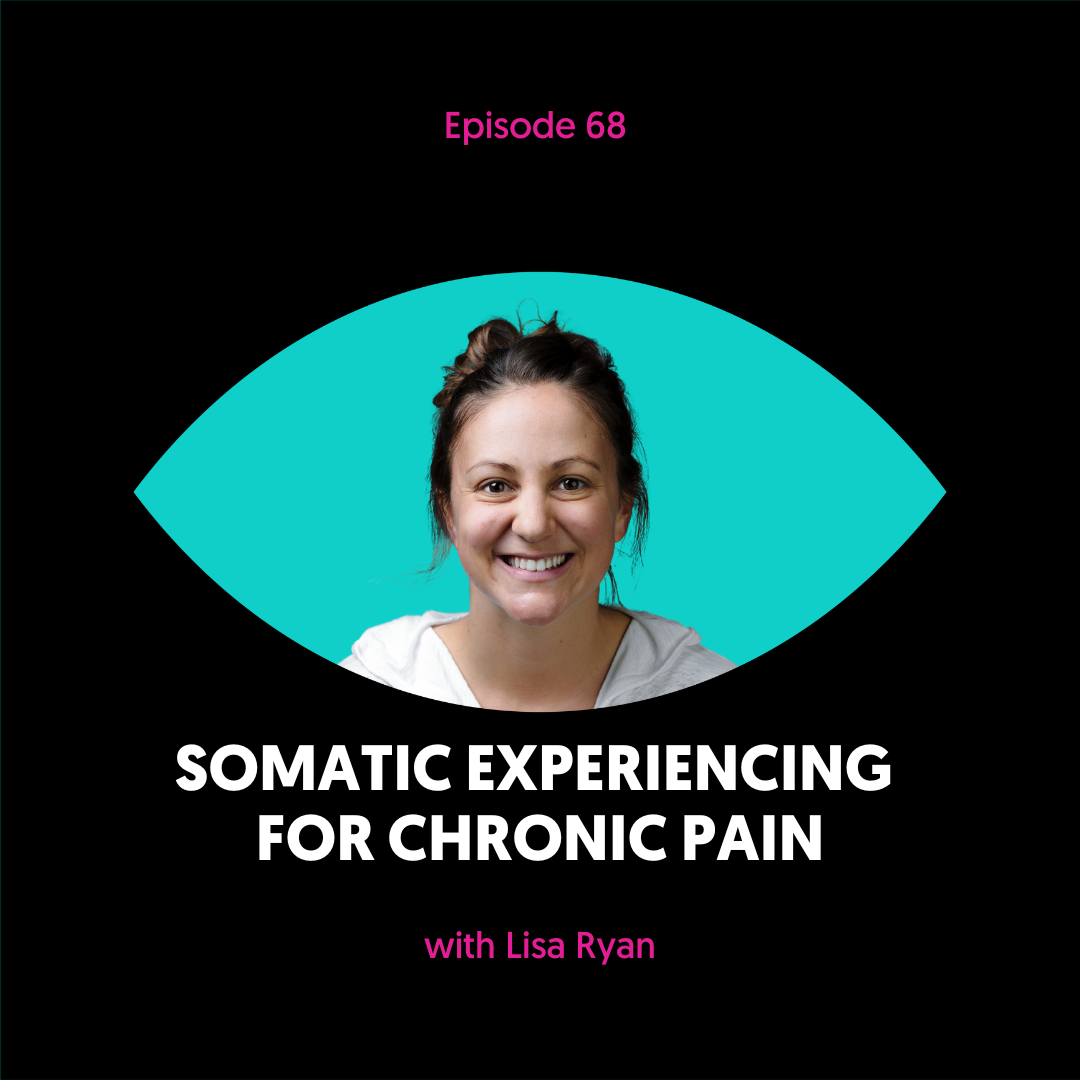
READ >
Lisa Ryan is a physiotherapist turned trauma informed somatic practitioner who helps people find freedom from their persistent pain. And this is just so important to her – because she was once a patient herself who was told she was not expected to recover – and the best she could hope for was to manage […]
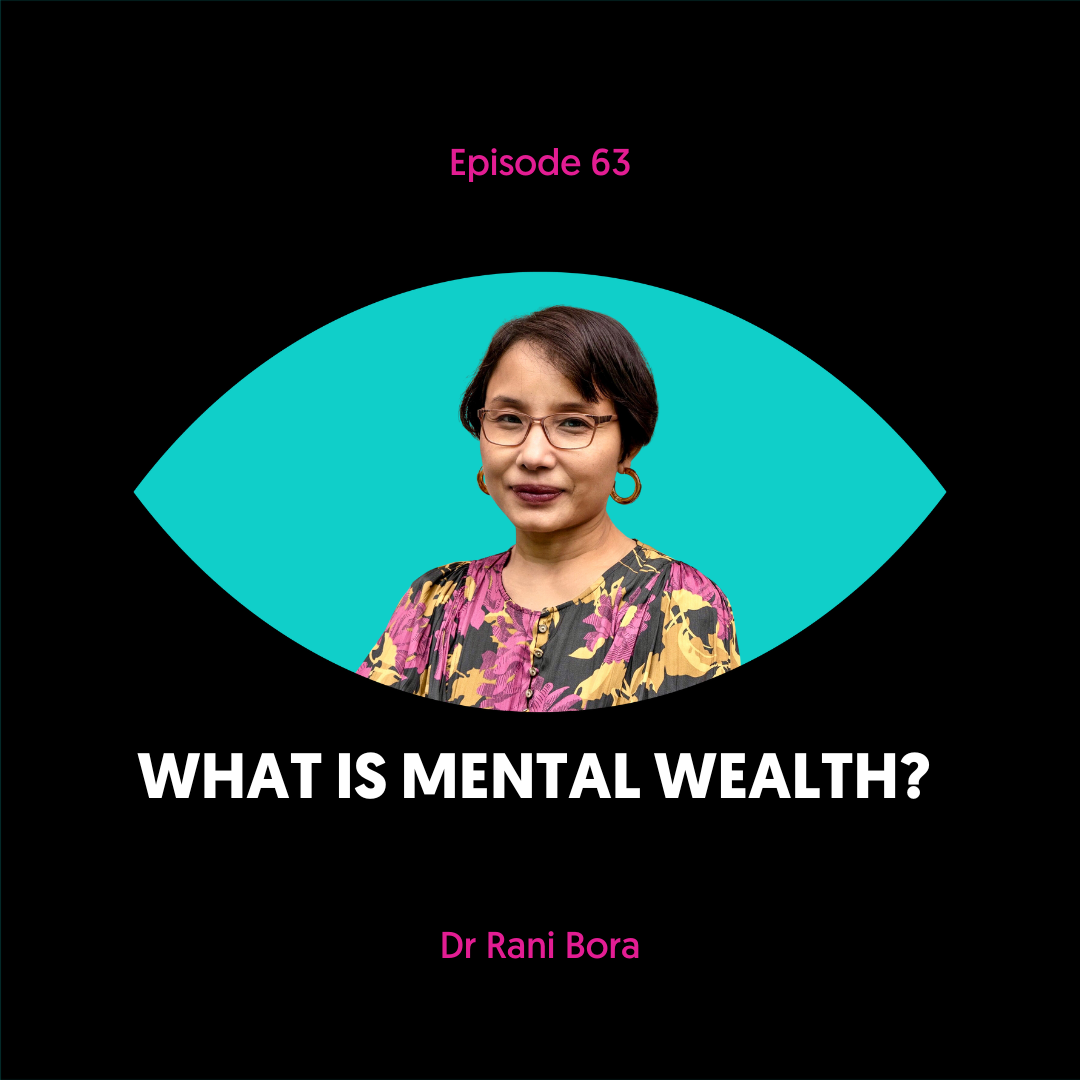
READ >
Dr Rani Bora is a holistic psychiatrist, mental wealth coach, and the author of “How To Turn Stress On Its Head”. Her work centres around empowerment – particularly for those who have been labeled with mental health disorder, using deprescribing and coaching to support them to thrive beyond their diagnosis. In this episode we discuss […]
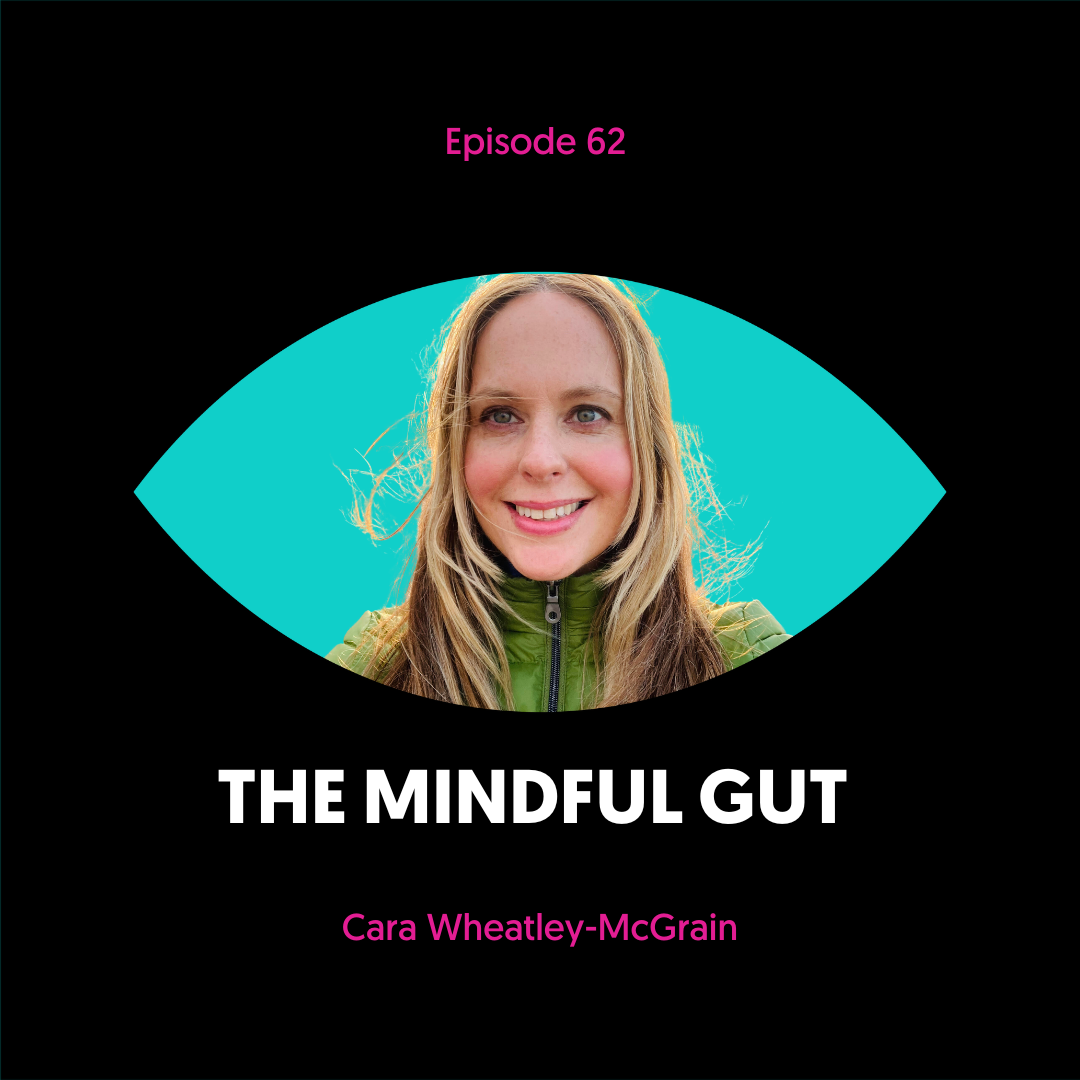
READ >
Cara is a coach, educator and author of Calm Your Gut – a mindful and compassionate guide to heal IBD and IBS using science, self love and intuitive eating. We talk about – You can find Cara on Instagram at @mindfulgutproject or on her website www.mindfulgutuk.com website. The resources for a specific diet for IBD […]

READ >
Lauren Windas is a renowned registered Nutritionist, Naturopath, Author of “Chronic Fatigue Syndrome: Your Route to Recovery” and co-founder of ARDERE.com, a holistic wellbeing company, specialising in supporting those with CFS/ME and long COVID. In this episode we cover: I mean these are ALL such key areas for people struggling with post viral syndromes and […]

READ >
Leigh Ankrum is a Functional Bodywork practitioner, teacher and founder of The Ankrum Institute in Tulsa, Oklahoma. This training centre teaches practitioners to work with the body’s natural intelligence to restore health and balance, by addressing the root cause of physical challenges for each individual. Leigh has more than 37 years of experience using Osteopathic […]